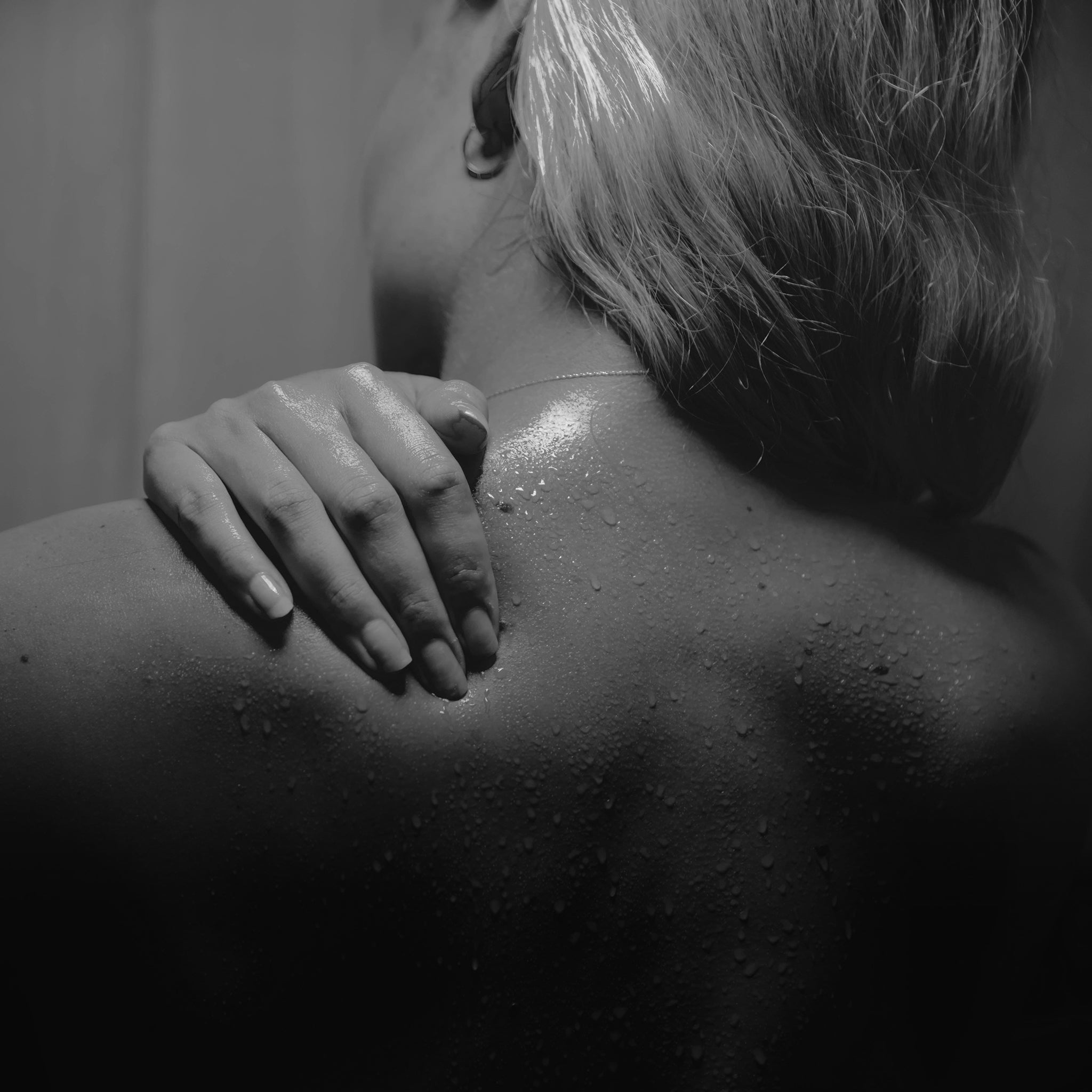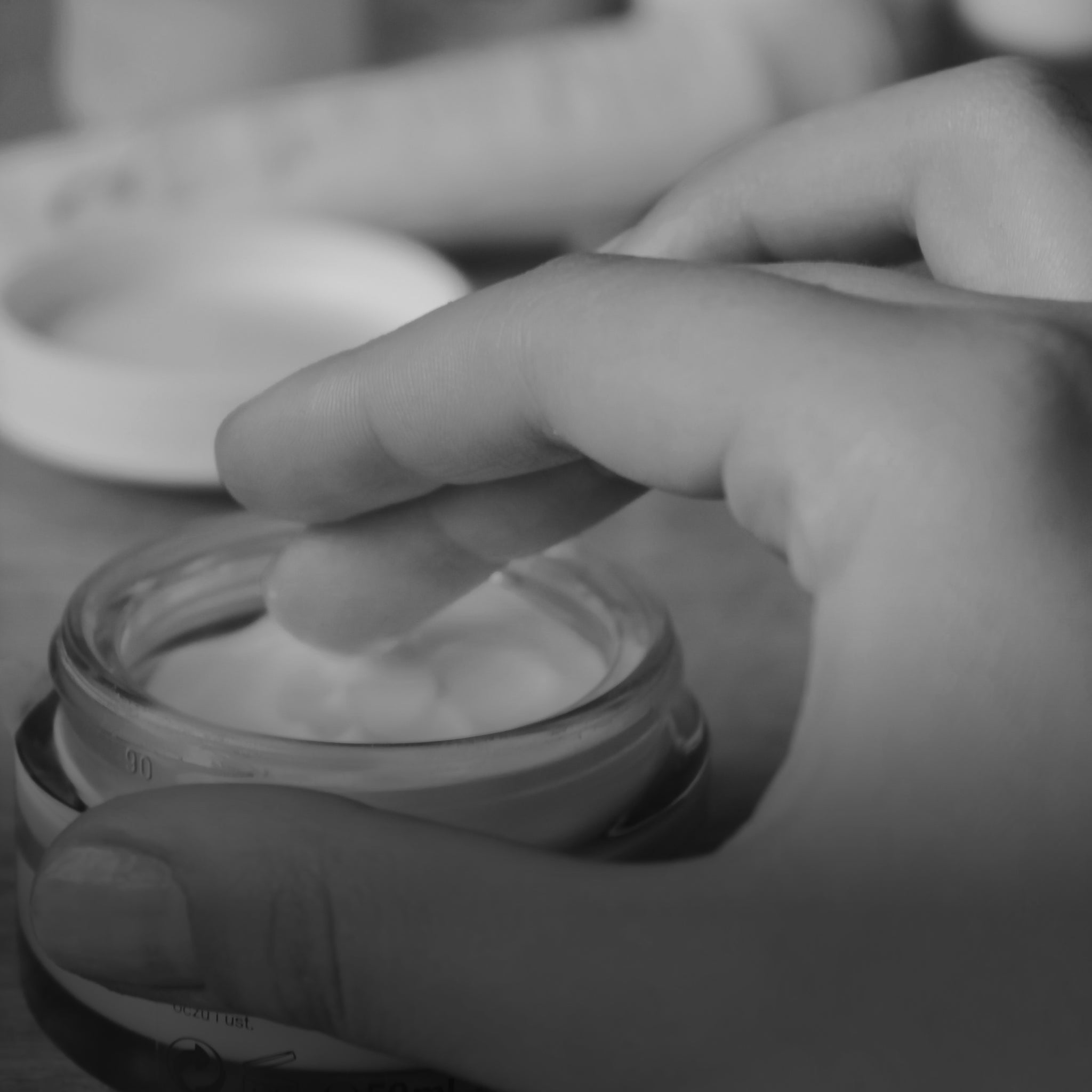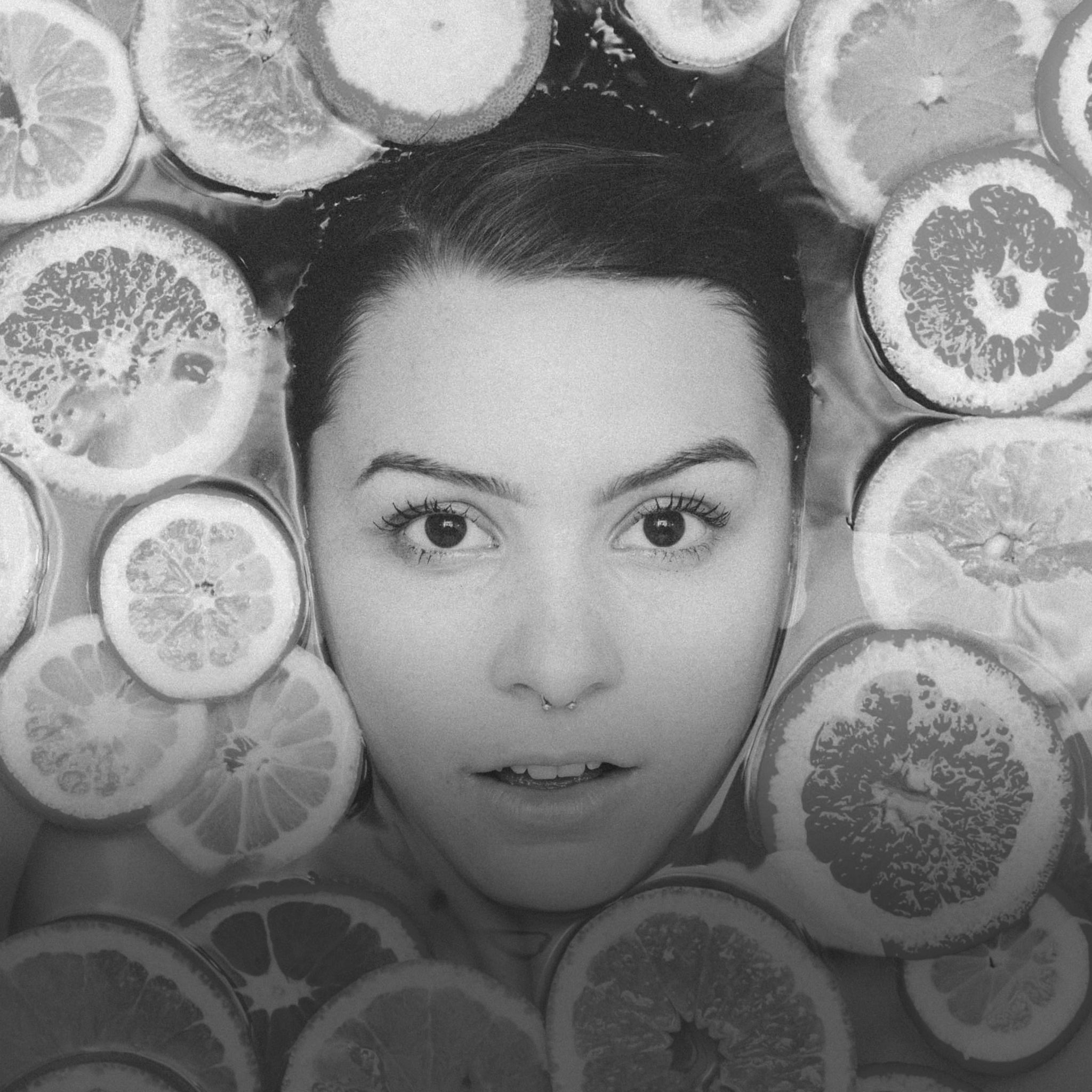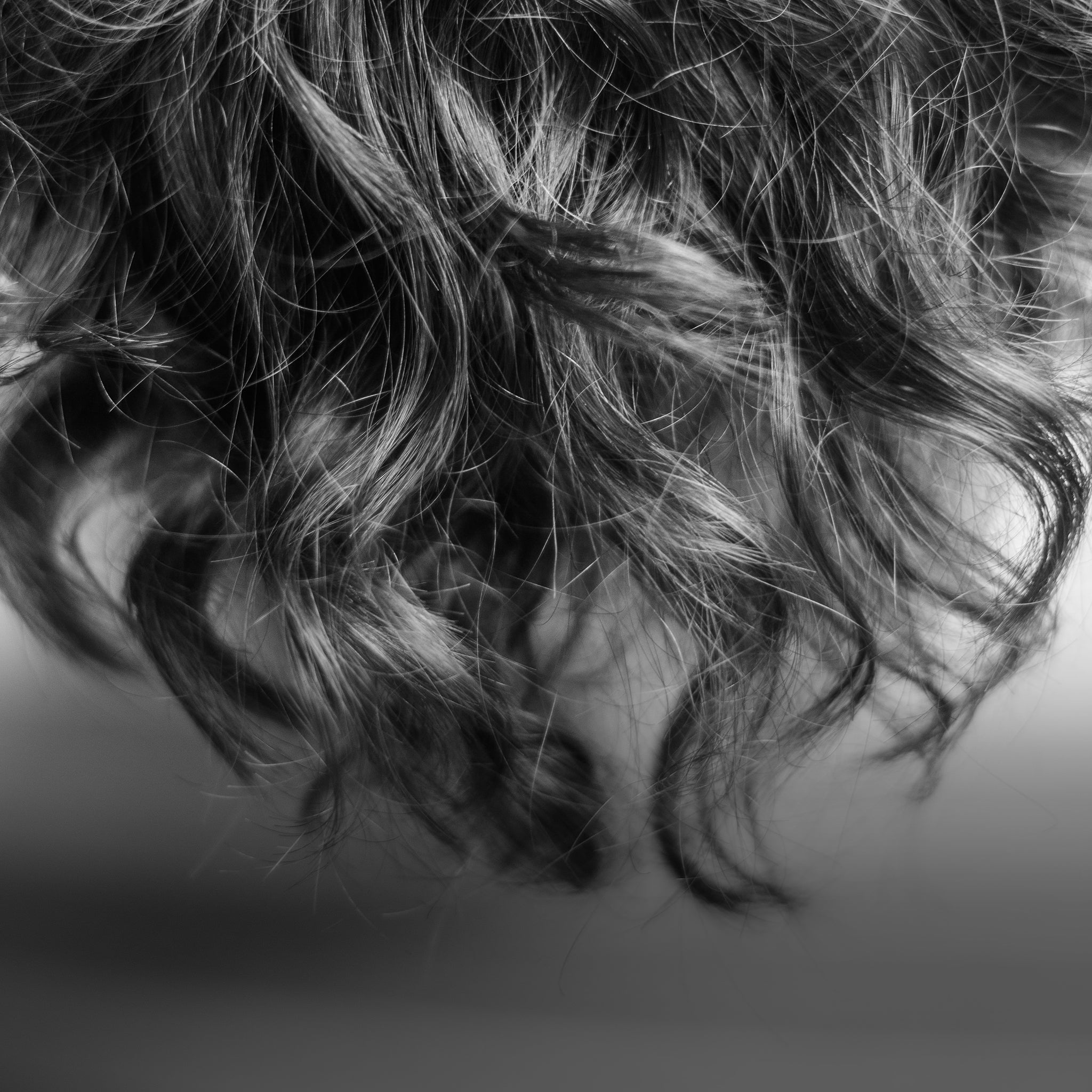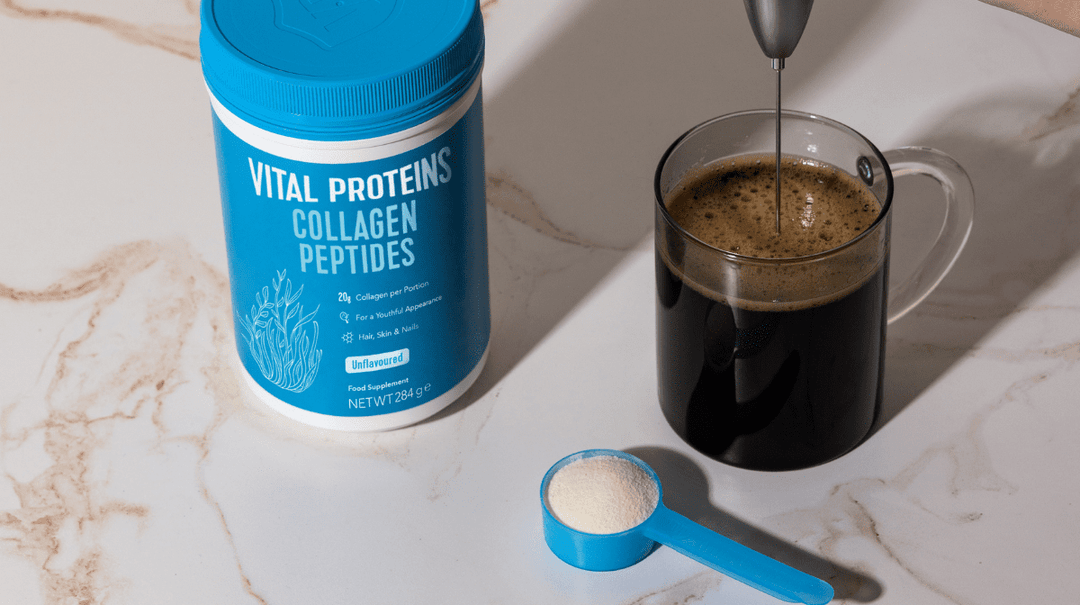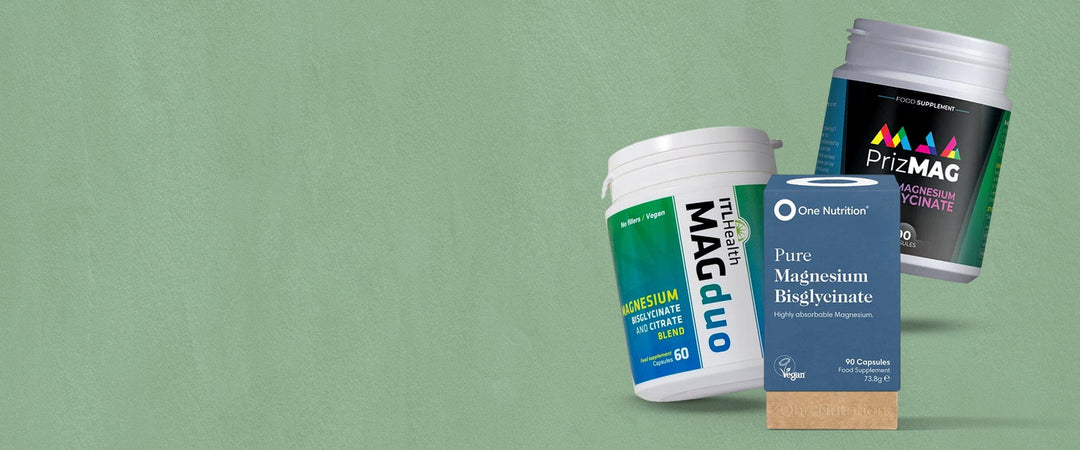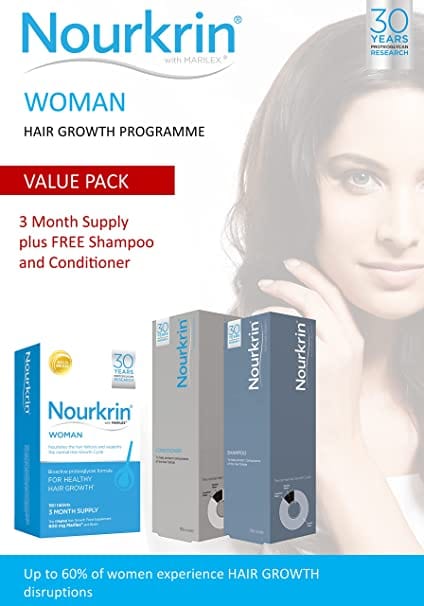Top Picks for the Best Skincare Ireland: Essential Products to Try
Understanding Your Skin Type
-
Knowing your skin type is crucial for choosing the right skincare products - normal, dry, oily, or combination skin.
-
Understanding your skin type helps you identify the right products for your beauty routine.
-
Skin types can change over time, so it’s essential to reassess your skin type regularly.

Key Ingredients for Healthy Skin
-
Hyaluronic acid is a key ingredient for retaining moisture and achieving a luminous complexion.
-
Plant extracts, such as green tea and aloe vera, are rich in antioxidants and help soothe the skin.
-
Active ingredients, such as retinol and vitamin C, help address specific skin concerns.
Exfoliating and Removing Dead Skin Cells
-
Exfoliating helps remove dead skin cells and unclog pores, revealing smoother skin.
-
Use a gentle exfoliant containing alpha-hydroxy acids (AHAs) or beta-hydroxy acids (BHAs) for effective exfoliation.
-
Exfoliating 1-2 times a week is recommended for most skin types.

Moisturizing and Hydrating
-
Moisturizing helps lock in moisture and protect the skin from environmental stressors.
-
Look for moisturizers containing hyaluronic acid, ceramides, or niacinamide for effective hydration.
-
Apply moisturizer immediately after bathing or showering while skin is still damp.

Specially Formulated Products for Specific Skin Concerns
-
Specially formulated products can help address specific skin concerns, such as acne, hyperpigmentation, or fine lines.
-
Look for products containing hero ingredients, such as salicylic acid or vitamin C, that target specific skin concerns.
-
Always patch test new products to ensure they don’t irritate your skin.
Irish Skincare Brands to Watch
-
Irish skincare brands, such as Kinvara Skincare, offer high-quality, effective products.
-
These brands often use natural ingredients and are cruelty-free, making them a great option for those who care about animal welfare.
-
Look for Irish skincare brands that offer products suitable for your skin type and concerns.
Product Reviews and Recommendations
-
Read product reviews from trusted sources to get an idea of how well a product works.
-
Look for recommendations from skincare experts or influencers who have similar skin types or concerns.
-
Always check the ingredient list and product claims to ensure they align with your skin goals.
Building a Skincare Routine
-
A consistent skincare routine helps achieve healthy, glowing skin.
-
Start with a simple routine and gradually add products as needed.
-
Be patient and give your skin time to adjust to new products.
Morning Skincare Routine
-
Start with a gentle cleanser and follow up with a toner and moisturizer.
-
Apply a broad-spectrum sunscreen with at least SPF 30 for sun protection.
-
Use a lightweight, non-sticky moisturizer that won’t clog pores.
Evening Skincare Routine
-
Remove makeup and impurities with a gentle cleanser.
-
Exfoliate 1-2 times a week to remove dead skin cells.
-
Apply a nourishing moisturizer or night cream to help repair and regenerate skin.
Seasonal Skincare Tips
-
Adjust your skincare routine according to the season to address specific skin concerns.
-
Use lighter products in the summer and richer products in the winter.
-
Exfoliate more frequently in the summer to remove dead skin cells.
Skincare Trends and Innovations
-
Keep up-to-date with the latest skincare trends and innovations.
-
Look for products containing new, effective ingredients that address specific skin concerns.
-
Be cautious of fad products that may not deliver on their claims.
Skincare Mistakes to Avoid
-
Avoid using harsh products that can strip the skin of its natural oils.
-
Don’t over-exfoliate, as this can lead to irritation and dryness.
-
Always patch test new products to ensure they don’t irritate your skin.
Skincare for Different Ages
-
Skincare needs to change with age, so it’s essential to adjust your routine accordingly.
-
Use products containing anti-aging ingredients, such as retinol and peptides, in your 30s and 40s.
-
Focus on hydration and sun protection in your 50s and beyond.
Skincare for Different Skin Tones
-
Skincare needs vary depending on skin tone, so it’s essential to choose products suitable for your skin tone.
-
Look for products containing ingredients that address specific skin concerns, such as hyperpigmentation or dryness.
-
Always patch test new products to ensure they don’t irritate your skin.
Skincare on a Budget
-
You don’t have to break the bank to achieve healthy, glowing skin.
-
Look for affordable, effective products that contain key ingredients.
-
Consider buying products in bulk or shopping during sales.
Skincare for Sensitive Skin
-
Sensitive skin requires gentle, fragrance-free products that won’t irritate the skin.
-
Look for products containing soothing ingredients, such as aloe vera or green tea.
-
Always patch test new products to ensure they don’t irritate your skin.
Skincare for Acne-Prone Skin
-
Acne-prone skin requires products that contain salicylic acid or benzoyl peroxide.
-
Look for products that are labeled “non-comedogenic” or “oil-free” to reduce the risk of clogged pores.
-
Exfoliate regularly to remove dead skin cells and unclog pores.
Beauty Routine
A beauty routine is a series of steps or rituals you follow daily or weekly to maintain and improve the health and appearance of your skin, hair, and nails. Whether you have a simple regimen or a more elaborate one, consistency is key to achieving the best results.
Here’s a basic beauty routine to get you started, with steps for both morning and evening care.
Morning Beauty Routine
-
Cleanser
-
Start your day by cleansing your face to remove any dirt, oil, or residue that has accumulated overnight. Use a gentle cleanser that matches your skin type (gel for oily skin, cream for dry skin).
-
Tip: Use lukewarm water instead of hot or cold to avoid irritating your skin.
-
Toner (Optional)
-
A toner helps to balance your skin’s pH and remove any remaining impurities. If you have oily or acne-prone skin, choose a toner with salicylic acid or witch hazel.
-
Tip: Choose alcohol-free toners to avoid drying out your skin.
-
Serum
-
Serums are concentrated treatments that address specific skin concerns like acne, fine lines, or hyperpigmentation. Apply a serum with ingredients that target your particular needs, such as Vitamin C for brightening or hyaluronic acid for hydration.
-
Tip: Apply the serum while your skin is still damp from toner to lock in moisture.
-
Moisturizer
-
Hydration is key to healthy skin. Even if you have oily skin, don’t skip the moisturizer. Look for a lightweight, non-comedogenic formula if you’re worried about breakouts.
-
Tip: If you have dry skin, use a thicker, richer moisturizer.
-
Sunscreen
-
Always finish your morning routine with sunscreen. Even on cloudy days or indoors, UV rays can damage your skin. Use a broad-spectrum SPF 30 or higher to protect your skin from harmful UV rays.
-
Tip: Apply sunscreen 15-30 minutes before heading outside and reapply every two hours if you're outdoors.
Evening Beauty Routine
-
Makeup Remover (If Applicable)
-
If you wear makeup, use a makeup remover or micellar water to break down and remove the makeup. This step ensures a clean slate before cleansing.
-
Tip: Use a gentle remover to avoid irritating the skin around your eyes.
-
Cleanser
-
Cleanse your face again to remove any remaining makeup, dirt, and oils from the day. Double cleansing is recommended for those who wear makeup or sunscreen.
-
Tip: If you have dry skin, try an oil-based cleanser followed by a gentle foaming cleanser.
-
Exfoliate (2-3 Times a Week)
-
Exfoliating helps to remove dead skin cells, promoting smoother and brighter skin. Use a chemical exfoliator with AHAs or BHAs or a physical exfoliator with fine grains (be gentle to avoid microtears).
-
Tip: Don’t over-exfoliate—once or twice a week is enough.
-
Toner
-
After cleansing, apply a toner to help balance your skin. If you have sensitive skin, use a calming toner with ingredients like chamomile or aloe vera.
-
Tip: Avoid toners with a high alcohol content, as they can dry out the skin.
-
Treatment (Optional)
-
Apply targeted treatments, such as acne treatments, retinol, or brightening serums, depending on your skin’s needs. Retinol is especially helpful for aging or acne-prone skin.
-
Tip: Introduce treatments like retinol gradually to avoid irritation.
-
Moisturizer
-
Apply a rich moisturizer to lock in hydration overnight. This helps your skin recover while you sleep.
-
Tip: Use a night cream that’s thicker than your daytime moisturizer for added hydration and nourishment.
-
Eye Cream (Optional)
-
If you have concerns like puffiness or dark circles, an eye cream can help target those specific areas. Look for ingredients like caffeine for puffiness or peptides for dark circles.
-
Tip: Gently tap the cream around your eyes with your ring finger to avoid tugging at the delicate skin.
-
Lip Balm
-
Don't forget your lips! Apply a nourishing lip balm before bed to keep your lips soft and hydrated overnight.
-
Tip: Look for balms with natural ingredients like shea butter or beeswax.
Weekly Additions to Your Beauty Routine
-
Face Masks (1-2 Times a Week)
-
Face masks can provide an extra boost of hydration, detoxification, or brightening. Clay masks are great for oily or acne-prone skin, while hydrating masks are perfect for dry skin.
-
Tip: Choose a mask that targets your skin's specific needs, and follow the instructions for the best results.
-
Hair Care Routine
-
Shampoo and Conditioner: Wash your hair regularly with a shampoo and conditioner that suits your hair type (moisturizing for dry hair, clarifying for oily hair).
-
Hair Masks: Once a week, treat your hair to a nourishing mask to restore moisture, repair damage, or add shine.
Aloe Vera
Aloe Vera is a succulent plant known for its numerous health and skincare benefits. It has been used for centuries in various cultures due to its soothing, healing, and hydrating properties. It’s commonly found in many skincare products like lotions, gels, masks, and even in its pure form.
Here’s an overview of how Aloe Vera can benefit your skin and how to use it:
1. Hydration & Moisture
Aloe vera gel is known for its ability to hydrate and lock moisture into the skin without making it greasy. It's lightweight and quickly absorbed, making it an excellent option for people with oily or combination skin.
-
How to use: Apply a thin layer of aloe vera gel directly to your face after cleansing, or mix it with your moisturizer for added hydration.
2. Soothes Sunburns
One of the most popular uses of aloe vera is for soothing sunburns. It cools the skin and provides relief from the redness and inflammation associated with sunburn. Its anti-inflammatory properties help reduce swelling and promote healing.
-
How to use: After sun exposure, apply a generous amount of pure aloe vera gel to the affected area. It will help cool and nourish your skin.
3. Anti-Aging Properties
Aloe vera contains antioxidants like vitamins A, C, and E, which help fight the free radicals that contribute to aging. It also stimulates collagen production, which is essential for maintaining skin elasticity.
-
How to use: Regularly apply aloe vera gel to your face to help smooth fine lines and keep your skin looking youthful.
4. Treats Acne and Blemishes
Aloe vera has antimicrobial and anti-inflammatory properties, which help treat acne and reduce the redness associated with blemishes. It can also prevent the growth of acne-causing bacteria and promote the healing of scars.
-
How to use: Apply aloe vera gel to affected areas once or twice a day to help reduce acne outbreaks and calm irritated skin.
5. Reduces Skin Inflammation & Irritation
Aloe vera is excellent for calming inflamed or irritated skin, making it an effective remedy for conditions like eczema, psoriasis, or rashes. Its healing properties promote faster recovery and relieve itching and discomfort.
-
How to use: Gently apply aloe vera gel to the irritated area, and allow it to absorb. You can do this multiple times a day as needed.
6. Treats Razor Burns and Inflammation
Shaving can lead to irritation, razor burns, or cuts. Aloe vera is an excellent aftershave treatment due to its soothing, healing properties. It helps to reduce inflammation, promote healing, and keep the skin soft.
-
How to use: After shaving, apply aloe vera gel to the shaved area for relief from razor burn and irritation.
7. Improves Skin Tone
Aloe vera helps brighten and even out your skin tone, making it great for fading dark spots or hyperpigmentation. Its enzymes also gently exfoliate the skin, allowing for a smoother, more radiant complexion.
-
How to use: Regular application of aloe vera gel on areas with hyperpigmentation can help lighten dark spots over time.
8. Promotes Wound Healing
Aloe vera can speed up the healing process for small cuts, scrapes, or burns. It helps reduce the risk of infection and promotes the formation of new skin cells, speeding up the recovery time.
-
How to use: Apply aloe vera gel directly onto the wound and cover it with a clean bandage.
How to Use Aloe Vera (at Home)
-
Aloe Vera Gel:
-
You can purchase pure aloe vera gel from a store, but if you have an aloe vera plant at home, you can extract the gel directly from the leaves.
-
Simply cut a leaf, scoop out the clear gel, and apply it to your skin.
-
Aloe Vera Face Mask:
-
For a DIY hydrating face mask, combine aloe vera gel with honey or yogurt. Apply to your face for 10-15 minutes, then rinse off with lukewarm water.
-
Aloe Vera and Cucumber:
-
Mix aloe vera gel with fresh cucumber juice to soothe irritated skin and reduce puffiness.
Whether you're looking for products formulated with Ireland’s natural ingredients or you want a brand that emphasizes sustainability, the Irish skincare scene offers something for everyone. From seaweed-infused products that nurture and hydrate, to botanical-rich formulations for sensitive skin, there’s a wide variety of high-quality skincare products that can help you achieve glowing, healthy skin.
With so many wonderful Irish skincare brands, your skin will thank you for choosing quality, eco-friendly, and effective products that are rooted in nature!
FAQs
1. What makes Irish skincare products unique?
Irish skincare products often feature ingredients sourced from the country’s natural landscape, such as seaweed, wildflowers, and herbs. These ingredients are known for their nourishing, hydrating, and anti-aging properties. Many brands also prioritize sustainability and organic practices, which adds to their appeal.
2. Are Irish skincare products suitable for sensitive skin?
Yes, many Irish skincare brands focus on creating gentle, natural formulations that are perfect for sensitive skin. Brands like The Burren Perfumery and Niamh's Botanics specialize in sensitive skin care, using minimal ingredients and avoiding harsh chemicals or synthetic fragrances.
3. What are the best Irish skincare brands for anti-aging?
For anti-aging skincare, brands like Voya, Skingredients, and Irish Botanica offer high-quality products that target fine lines, wrinkles, and loss of skin elasticity. They incorporate powerful botanicals and seaweed extracts, known for their rejuvenating properties, to promote smoother, more youthful-looking skin.
4. Can I find eco-friendly skincare brands in Ireland?
Absolutely! Several Irish skincare brands emphasize eco-conscious practices, such as using organic ingredients, recyclable packaging, and cruelty-free formulations. Notable eco-friendly brands include Niamh's Botanics, Lily’s Apothecary, and The Burren Perfumery, all of which prioritize sustainability in their products.
5. Where can I buy Irish skincare products?
Irish skincare products are available online through their respective brand websites, as well as through various beauty retailers and department stores in Ireland. Many brands also offer international shipping, making their products accessible to customers worldwide.
